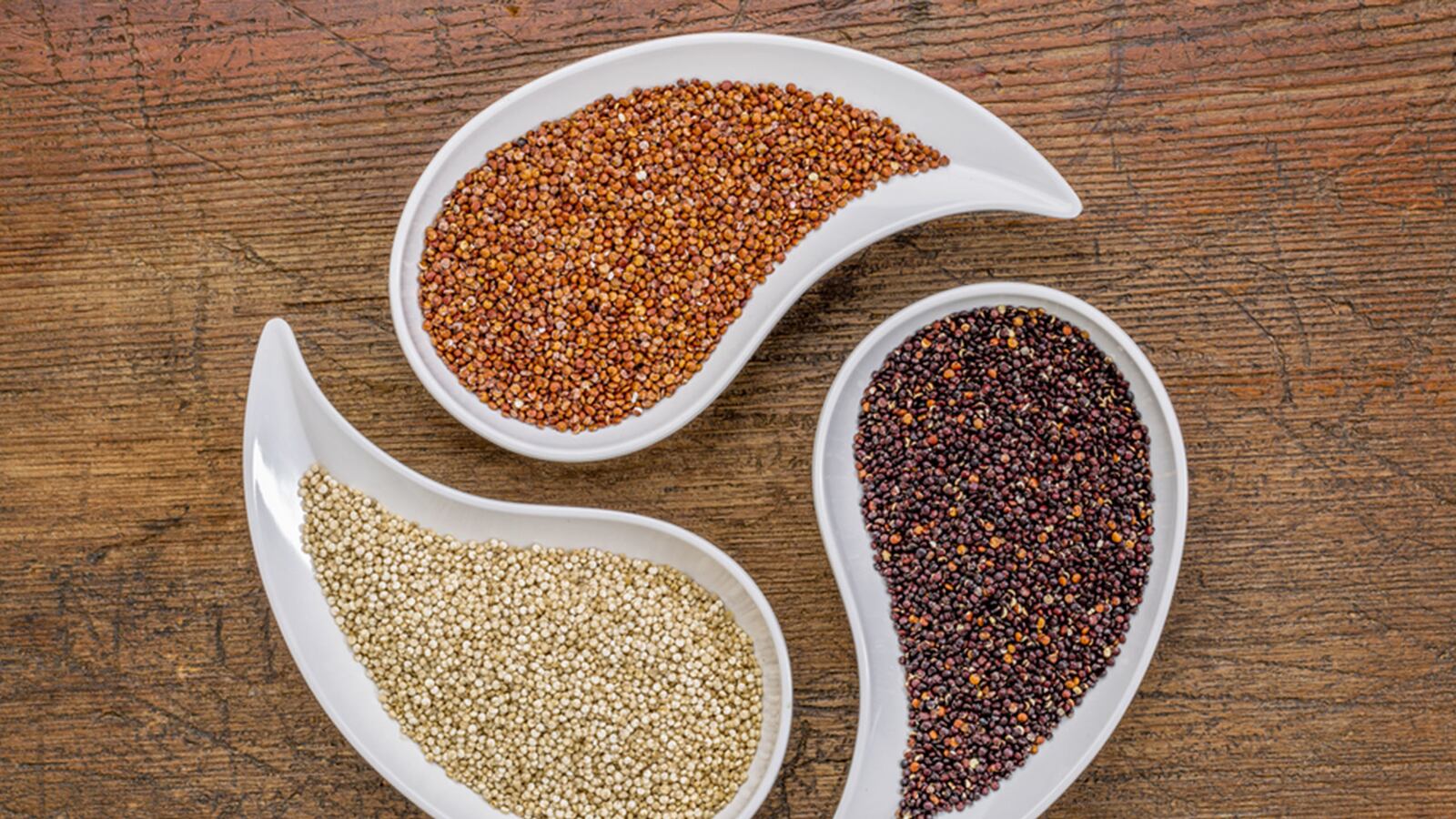Since the new millennium, the term “superfood” has erupted across the States, trending at its highest last summer. It’s still holding strong, and has influenced millions of people to take prejudice in their supermarket aisles.
Against what?
Ordinary foods.
Staple foods like romaine lettuce, tomatoes, apples, and even the zucchini have taken a back seat to quinoa, açaí berries, guarana, spirulina, kale, and chia seeds. (Sales of chia seed alone are expected to exceed $1 billion dollars in sales by 2020.)
The marketing prowess linked to superfoods makes it seem that these foods are healthier because they contain very high levels of nutrients—be it protein, vitamins, antioxidants, phytonutrients, fiber, or even fat (in the case of coconut oil)—and come from distant lands like South America.
But are superfoods really better, or are they just some romanticized, food-healing-warrior ideal?
A scientific body of work has yet to prove that superfoods actually exist. The only thing remotely close to validating this concept is a CDC study published last June. The CDC developed a classification scheme of 47 fruits and vegetables to determine which ones were what they call “powerhouse fruits and vegetables”—those with high nutrient density.
It’s worth noting that raspberries and blueberries didn’t make the cut, as they did not satisfy the nutrient density score; yet according to Internet lore, berries seem to be consistently considered as superfoods.
“The truth about the idea of superfoods is that the rules are always vague. There are these mysterious parts and a foreign element as well,” said Associate Professor and Director of Food Studies Initiatives at the New School and author of Al Dente: A History of Food in Italy, Fabio Parasecoli, in an interview with The Daily Beast.
The definition of a superfood, and no pun intended, is indeed super unclear.
This, in essence, is the super power of the superfood: the obscurity of the rules makes us believe we can be healed by one magical, typically plant-based, foreign food.
Human culture has put men and women in space and changed the world with the smartphone, yet after millennia of societal advancements, we still haven’t figured out the pattern that foods should be treated equally, and on the whole, no food is more “super” than the other.
“The Romans were all gaga for peaches, which were new products at the time,” said Parasecoli.
“Peaches were fruit not common in the Western Mediterranean. They came from Persia and through the Middle East. So there’s always this idea of the forbidden and far away to which nobody has access that entices us. It was the same thing with spices in the Middle Ages. The rarer the spice, the more power that was attributed to it.”
History indeed repeats itself.
No single food item, not to mention an extraction of its vitamins, is the panacea for health. Does Superman exist? No. So why are we still caught up on this notion that superfoods will save us from the villain of disease?
“People really want to cut corners when it comes to health. So why change your eating habits, why exercise, why change your way of life when you can take a superfood? It makes you feel better than taking a vitamin because it is a food and seems more natural,” commented Parasecoli.
If only we could show the Romans that peaches not only came from the East originally, but now come in a can grown in New Jersey.






